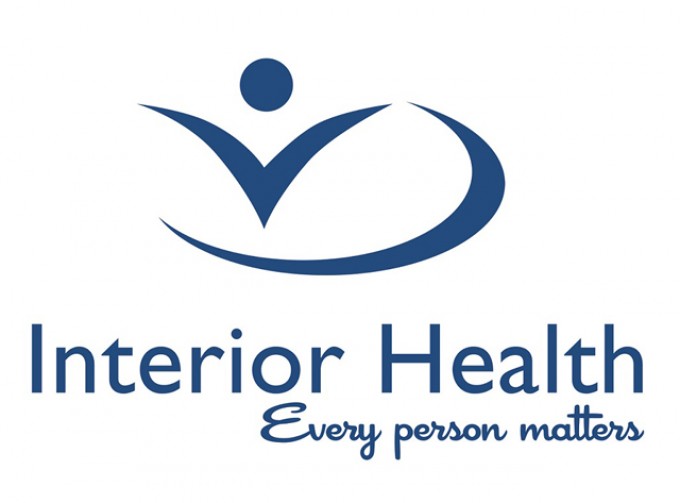Interior Health heat warning reminders
Interior Health is advising the public as heat continues to build in the Interior, rising temperatures will increase the potential for heat-related illnesses.
To review current weather advisories, including heat alerts, from Environment Canada, please visit https://weather.gc.ca/mainmenu/alert_menu_e.html
Excessive heat exposure can lead to weakness, disorientation and exhaustion. In severe cases, it can also lead to heat stroke, also known as sunstroke. Heat stroke can be a life-threatening medical emergency.
Interior Health medical health officers advise that risks from extreme heat exceed risks from COVID-19.
During heat warnings:
- ·Prolonged exposure to high indoor temperature can be life-threatening. Anyone without access to air conditioning should find cooler indoor alternatives to avoid prolonged heat exposure. If you have air conditioning and vulnerable members of your family do not, consider bringing them to your house.
- Sleep in the coolest room of the house, even if that is not your bedroom. Sleeping in the basement will provide relief to the body overnight.
- The body stores heat from the core to the skin. Sit in a cool bath to draw heat from the body into the water.
- Where it is safe and appropriate, open windows and doors when the outdoor temperature goes down below the indoor temperature a night, then close the cooler air indoors in the morning by shutting doors and windows and pulling curtains to keep the sun out. Leaving windows open during the day just lets the hot air indoors.
- Some of the people most susceptible to severe heat related illness and death may not realize they are getting too hot. Check on them in-person, observe their temperature indoors, and notice what it says on their thermostat. Persistent indoor temperatures over 30°C (86°F) can be high risk.
- If people are wearing a mask and have difficulty breathing, they should remove the mask and seek medical attention if necessary.
Who is most at risk?
Anyone can suffer from heat-related illness, but some people are at greater risk. Take extra care to check on the following people regularly:
- Infants and young children, who rely on adults to monitor their environments and to provide them with enough fluid to drink.
- People who are under-housed with fewer options to avoid prolonged heat exposure.
- People 65 years or older, or anyone who needs assistance monitoring their well-being.
- People with heart problems and breathing difficulties.
- ·People who exercise or who work outside or in a hot environment.
Symptoms to watch for?
The symptoms of heat-related illness can range from mild to severe.
They include:
- Pale, cool, moist skin
- Heavy sweating
- Muscle cramps
- Rash
- Swelling, especially hands and feet
- Fatigue and weakness
- Light headedness and/or fainting
- Headache
- Nausea and/or vomiting
More severe symptoms – including high fever, hallucinations, seizures and unconsciousness – require urgent medical attention. Call 911, move to a cool place, and cool the person with water and fanning.
What steps can people take to avoid heat related illness?
- Plan your outdoor activity before 11 a.m. or after 4 p.m. to avoid the most intense sun.
- Drink plenty of non-alcoholic fluids. Water is the best choice.
- Avoid physical work or exercise outside in the heat of the day.
- If you must work or exercise outside, drink two to four cups of water each hour, even before you feel thirsty.
- Rest breaks are important and should be taken in the shade.
- Apply sunscreen to prevent sunburn, but remember this doesn’t protect from the heat.
- Stay in the shade, or create your own shade with lightweight, light-coloured, loose-fitting clothing, a wide brimmed hat, and/or an umbrella.
- If you’re struggling to keep cool, move indoors to an air-conditioned building or take a cool bath or shower. At temperatures above 30°C (86°F), fans alone may not be able to prevent heat-related illness.
- Never leave children or pets alone in a parked car. Temperatures can rise to 52° C (125° F) within 20minutes inside a vehicle when the outside temperature is 34° C (93° F). Leaving the car windows slightly open will not keep the inside of the vehicle at a safe temperature.
- Regularly check older adults, infants and children, anyone under-housed with fewer options tp avoid heat, those doing a lot of physical activity or working outside, and people with chronic disease or mental illness for signs of heat-related illness. Make sure they are keeping cool and drinking plenty of fluids. Check on those who are unable to leave their homes, and people whose judgment may be impaired.


























